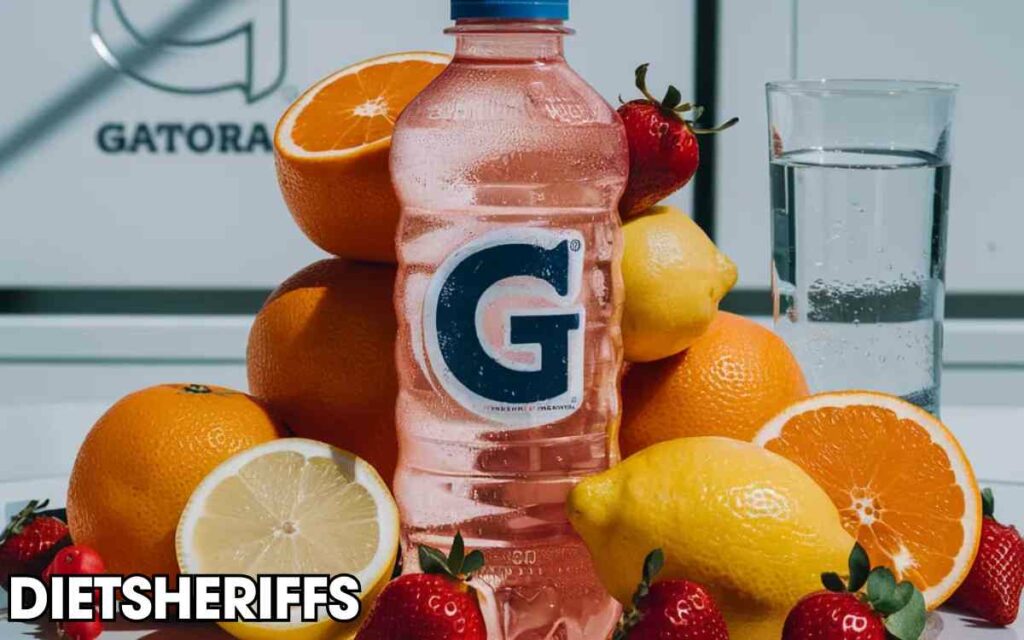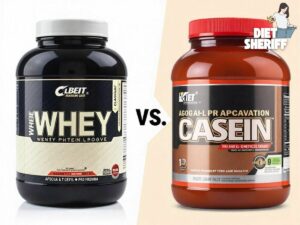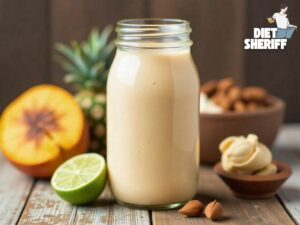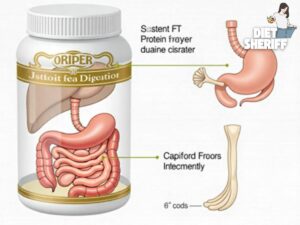Advertisements promote sports drinks like Gatorade as effective for rehydrating the body and replenishing nutrients lost during workouts. But is it okay to drink Gatorade every day?
For the average person with moderate exercise routines or those aiming to lose weight, it is not advisable to consume Gatorade every day. In this article, we’ll explore the reasons why some people consume Gatorade every day and the potential side effects associated with it.
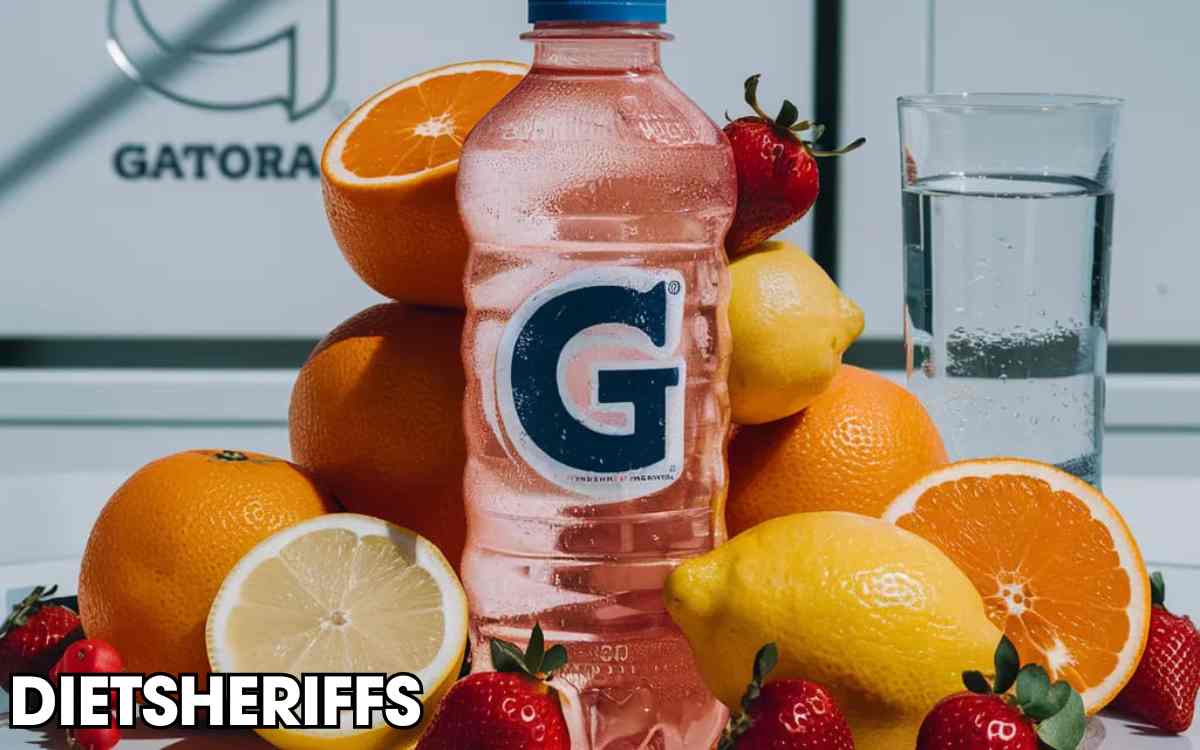
What are the potential health effects of drinking Gatorade daily?
Drinking Gatorade daily can have both benefits and risks, depending on your level of physical activity and overall diet.
Remember that manufacturers make Gatorade for athletes who engage in long, strenuous workouts. If you’re not that active, you probably don’t need the extra sugar and electrolytes that sports drinks have—water will do just fine for staying hydrated.
If you’re thinking about making Gatorade a daily drink, it’s wise to think about how much you exercise, what you need in your diet, and talk to a doctor to see if it’s right for your health goals.
Related Articles: Can I Drink a Protein Shake Before Bed to Maximize Gains?
Benefits from Gatorade
Drinking Gatorade daily offers several benefits, particularly for those engaging in intense physical activities.
Rehydration is a key benefit, as Gatorade’s design specifically targets the body’s hydration needs during and after vigorous exercise by replenishing lost fluids and electrolytes through sweat.
It also maintains electrolyte balance, providing essential electrolytes like sodium and potassium vital for hydration, muscle function, and various bodily processes.
Moreover, Gatorade delivers an energy boost with its carbohydrate content, offering a quick energy source during strenuous workouts.
Lastly, it supports exercise recovery; the electrolytes and carbohydrates in Gatorade help restore nutrients and energy, facilitating recovery post-exercise.
Potential Health Risks
Gatorade is high in sugar, which might lead to weight gain, a poor diet, and a higher chance of developing diabetes and obesity if you drink too much of it.
It can also harm your dental health by causing tooth decay because of the sugar. Plus, a single 20-ounce bottle has about 270 milligrams of sodium, which is 11% of the daily amount you should have. Too much sodium can cause health problems like high blood pressure and cardiovascular disease.
However, it’s important to note that these potential health risks are associated with regular and excessive consumption of Gatorade.
Related Articles: Can You Make Protein Shakes with Milk? A Comprehensive Guide
Ingredients and nutritional facts of Gatorade
The ingredients and nutritional facts for a 28-ounce bottle of Gatorade G Thirst Quencher are as follows:
Ingredients
- Water
- Sugar
- Dextrose
- Citric Acid
- Salt
- Sodium Citrate
- Monopotassium Phosphate
- Gum Arabic
- Glycerol Ester of Rosin
- Blue 1
- Modified food starch
- Flavorings
Nutritional Facts
- Calories: 83
- Fat: 0g
- Sodium: 160mg
- Carbohydrates: 22g
- Fiber: 0g
- Sugar: 20g
- Protein: 0g
- Potassium: 50mg
Related Articles: How Long Can a Protein Shake Last in the Fridge?
Why do some individuals choose to consume Gatorade regularly?
Athletes and active individuals often choose Gatorade for its ability to replenish electrolytes and fluids lost during intense physical activity. The drink’s electrolyte balance aids in rehydration and prevents fatigue, cramps, and dizziness, making it a favorite among marathon runners, cyclists, team sport players, and anyone engaged in rigorous exercise.
Similarly, people working in hot and humid environments, such as construction workers or landscapers, benefit from Gatorade’s hydrating properties. It helps them replace the electrolytes they lose through heavy sweating, which can improve work performance and prevent heat exhaustion.
Moreover, for those who find plain water unappealing, Gatorade offers a flavorful alternative that encourages better hydration. Its variety of flavors can entice children and adults alike to consume more fluids, which is particularly beneficial for those who have difficulty drinking sufficient amounts of water.
How much Gatorade should be taken during exercise?
The amount of Gatorade you should drink during exercise can depend on several factors, including your weight, activity level, and sweat rate. It’s always a good idea to listen to your body and hydrate accordingly.
A general rule of thumb is to drink 16–20 ounces of Gatorade for every hour of exercise. However, this can vary depending on how much you sweat, as those who sweat more may need to drink more to replace lost fluids. If you sweat excessively during your workout, drink 4–6 ounces of Gatorade every 15–20 minutes.
For most people engaging in regular activity, it is generally considered safe to consume 32 to 64 ounces of Gatorade per day. During workouts that do not cause excessive sweating, drinking 4-6 ounces of water every 15–20 minutes is what we advise.
Related Articles: Can You Put Protein Powder in Hot Drinks? The Ultimate Guide
Why the Average Person Should Choose Water Over Gatorade?
For daily hydration, the average person should choose water instead of sports drinks. The American Heart Association advises individuals to consume less than 1500 mg of sodium daily. However, many Americans ignore this guideline and consume over 3500 mg of sodium each day diet sheriff.
A single 20-ounce bottle of Gatorade contains 270 mg of sodium, which accounts for 11% of this limit. Again, a 20-ounce bottle of Gatorade contains 34 grams of sugar, indicating the high sugar content of these drinks.
Athletes performing intense daily workouts originally used Gatorade because it provided the extra carbohydrates and sodium they needed. Drinking sports drinks like Gatorade can counteract your efforts if you’re aiming to lose weight through running. You burn approximately 100 calories per mile when running. If you drink Gatorade after running two miles, you’ll replenish the 200 calories you just expended.
Water remains the superior choice for those with moderate activity levels. Our body, which is 60% water, absorbs it quickly. For hydration purposes, unless you are a professional athlete, you should stick to water.
What are some healthier alternatives to Gatorade?
If you’re looking for healthier alternatives to Gatorade, especially to avoid high sugar content and artificial ingredients, here are 8 alternatives that can provide the necessary electrolytes and hydration:
1. Essential Elements Hydration: This alternative has a more complete electrolyte profile and zero sugar, compared to Gatorade’s 36g of sugar per serving.
2. Liquid IV Hydration Multiplier: You can enhance hydration and replenish electrolytes by adding them to water.
3. DripDrop: Another option for electrolyte replacement is to mix it with water.
4. Ultima Replenisher Hydration Powder: A powder that offers electrolytes without added sugars and artificial ingredients.
5. Coconut Water: Naturally rich in electrolytes and a good source of potassium. It’s lower in carbohydrates and calories than Gatorade.
6. Superfood Smoothies: Blending fruits and vegetables that are high in water content and nutrients can be a great way to hydrate and replenish electrolytes naturally.
7. Milk: Contains a good balance of water, carbohydrates, and protein, along with electrolytes like calcium and potassium.
8. Homemade Sports Drink: You can make your own electrolyte drink with natural juices, water, salt, and a sweetener of your choice for flavor.
These alternatives can be particularly useful for those who are less active or for every day hydration needs where the additional sugars and electrolytes in sports drinks like Gatorade are not necessary.
Explore Also:
Creativehouseblog
Gigasecurehome
Mycleanseplan
FAQs- Is It Ok to Drink Gatorade Every Day?
Is there a sugar-free version of Gatorade?
Yes, there is a sugar-free version of Gatorade known as Gatorade Zero. Gatorade Zero maintains the same proven hydration and fueling benefits as Gatorade Thirst Quencher, but without any sugar. They contain artificial sweeteners, specifically sucralose and acesulfame potassium.
Who shouldn’t drink Gatorade regularly?
People with conditions like diabetes, high blood pressure, or heart disease should be cautious due to the sugar and salt content in Gatorade.
Does Gatorade affect children differently?
Yes. Children have lower sugar needs than adults, and the high sugar content in Gatorade can contribute to childhood obesity and dental problems.
Sources:
https://www.quora.com/Is-drinking-Gatorade-bad-to-drink-everyday
https://www.healthline.com/health/food-nutrition/is-gatorade-bad-for-you
https://www.medicalnewstoday.com/articles/323211
https://druggenius.com/nutrition/healthier-alternative-to-gatorade

